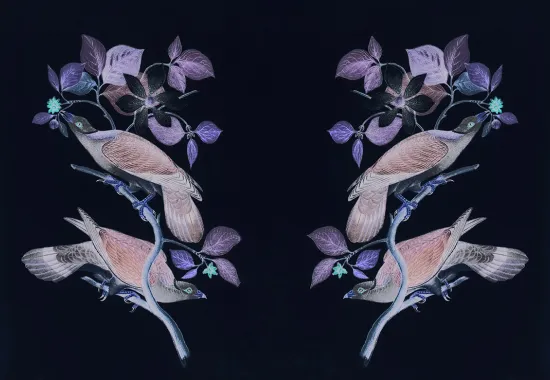Psychologist and Writer: Toward Art
I am a psychologist. The process of writing poetry for me is similar to the creative process of conducting psychotherapy. As a psychologist I hover, in space and time, over the therapy sessions. I listen to you while I also switch channels to monitor several realities or groups of observations at once. I hear your words, I watch your expressions and body language, I hear the emotions in your voice, and I intuit the experiences you feel in your body. I notice the impact of things I say and expressions I make on your thinking, your feelings, your bodily sensations, and your actions.
I shape my responses to your responses to me. Why? To guide you in deepening your emotional experience, increasing your insight, and supporting your perceptions. When you have a full, multi-sensory conceptualization of your problems, you will be free to move and change. My goal is that you feel heard accurately at all levels, and that you feel accepted. When I provide accurate empathy you are able to grow freely and develop to your potential.
I monitor my associations to you. While we talk I let this channel roam freely, to daydream. I notice where these daydreams go and what they tell me about you and us. Sometimes I tell you these associations and we puzzle over it together. Some channels are very narrow in scope and others are broad. The broad channels incorporate and integrate the processes rather than the content per se. I look for themes in your life, in our sessions, and across the groups consisting of groups. I develop theories and match the real data against those theories at all times.
When I write poetry, I observe, in a similar way, several channels at once. I search myself internally, looking for channels I want to watch and themes that emerge. Instead of listening to your words, I listen for my own. I scan my thoughts, my emotions, and my body’s sensations. I listen for a musical beat and let that set a pace in the background. Sometimes I match random words to the beat and let the phrase finish itself. I write it down and repeat, then I look for patterns. Other times, the themes become apparent first, and I fill the music with the words.
In psychotherapy and when writing poems, I record to the best of my ability, and I review those sketches and those lines. I welcome new associations, and before long I have a creation; a good chunk of work shared with a client, or a poem that speaks at many levels. It’s a very rewarding experience, especially when the product shines.
Dr. Johnson is a psychologist who also enjoys cooking. She has poems published or accepted in Nimrod, North Dakota Quarterly, Bear Creek Haiku and International Journal of Psychoanalytic Self Psychology. Johnson's "Collateral Damage" was featured in the Winter 2014 issue.
Image: Provided by Dr. Johnson, "Flowering Cactus"
Recommended
The Shirt
After Hearing David Rothenberg Sang with Birds
Frothing Pink Poodle Droppings






